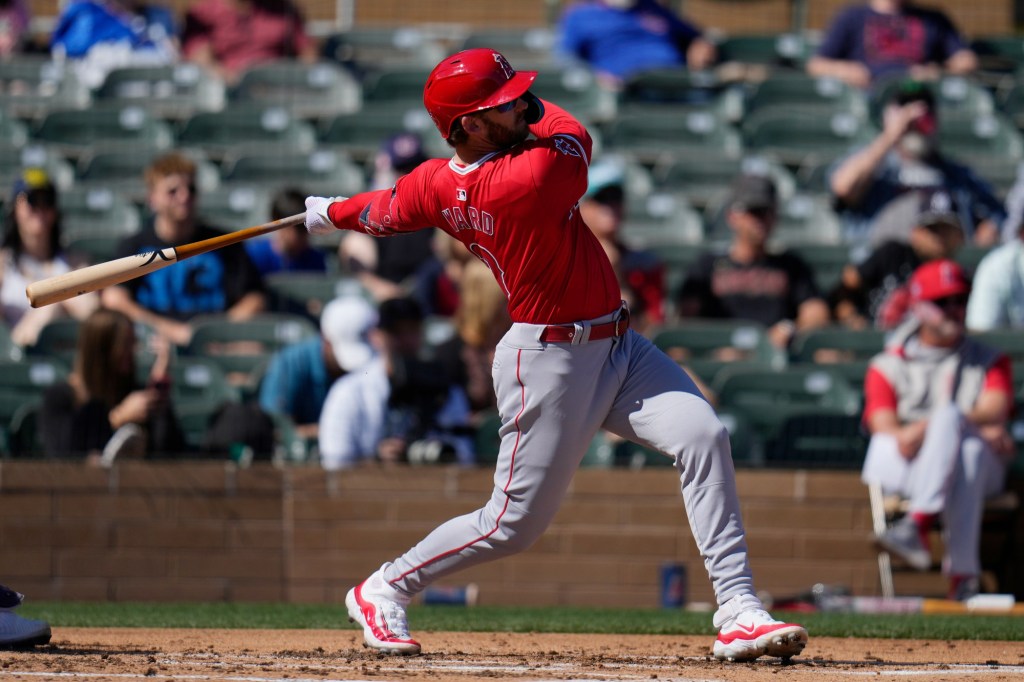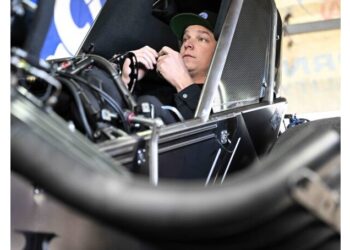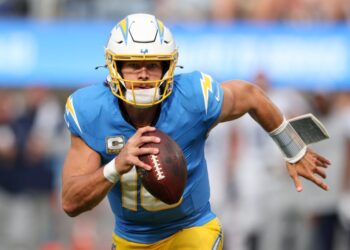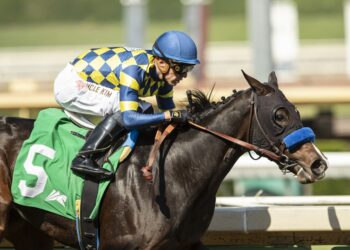TEMPE, Ariz. — Earlier this spring, Taylor Ward was at the plate when a fastball came at him, up and in. He moved out of the way without incident. The next pitch was also up and in.
He admitted that he “couldn’t get back in the right mindset after that,” and he eventually struck out on a slider over the middle.
“That at-bat made me wonder,” Ward said. “What are we doing here? I learned from that moment. That’s what I have to get used to.”
Ward missed the last two months of last season recovering from facial fractures suffered when he was hit in the face by a pitch. He hadn’t seen any live pitching in the six months between that incident and the start of spring training.
Ward said at the beginning of camp that he expected to be fine, but he needed games to truly understand if there would be any residual impact of the injury.
A month later, Ward said that particular at-bat convinced him that he needs to be prepared for teams to try to take advantage of his situation by pitching him that way.
“Just accepting that it’s going to happen and not letting it affect me is the biggest thing I took away from that,” Ward said.
He has been wearing an extra protective piece on his helmet all spring.
“If I would have had that last year, it would have changed everything,” Ward said. “Having that gives me confidence that if it does happen again, it’s going to be OK.”
Although Ward said he’s expecting pitches up and in, and he seems to be at peace with it, manager Ron Washington isn’t going to be so tolerant.
“I don’t think we have enough pitchers in the game that can control up and in,” Washington said. “They don’t have any business going up and in there. … They better not be doing that, because that will send a signal that we’re going to do it to them. Let them see how it feels. If a pitch gets away and gets up and in, fine. If you try to throw the ball in, not up and in, that’s different. You come in the chest…
Read the full article here







